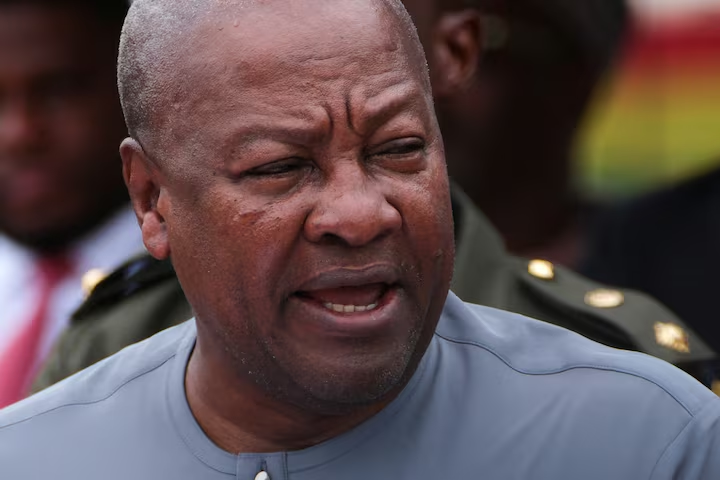
Ghana agrees to accept West African deportees from U.S.
Ghana has agreed to accept West African nationals deported from the United States, President John Mahama confirmed on Wednesday, marking a controversial development in U.S. immigration enforcement policy under the Trump administration.
Speaking to journalists in Accra, President Mahama said the agreement is in line with existing regional protocols that allow visa-free movement among West African countries.
“We were approached by the U.S. to accept third-party nationals who were being removed from the U.S., and we agreed that West African nationals were acceptable,” Mahama said.
The first group of deportees, 14 individuals including several Nigerians and one Gambian, is already in Ghana. Mahama did not specify how many deportees the country committed to accepting in total.
This move comes amid increased pressure from Washington on African nations to cooperate with its immigration agenda. The Trump administration has ramped up deportations of undocumented immigrants, including individuals with no direct ties to the countries receiving them.
In recent months, similar arrangements have seen undocumented migrants accepted by Rwanda, Eswatini, and South Sudan. However, Ghana’s decision stands out given recent diplomatic tensions with the U.S., including increased tariffs on Ghanaian exports and visa restrictions targeting Ghanaian nationals.
Despite these issues, President Mahama maintained that relations between Ghana and the United States remain “positive,” while acknowledging a shift. “Our ties with Washington are tightening,” he said.
Meanwhile, Nigeria has strongly resisted U.S. efforts to offload third-country nationals, particularly those with no connection to the country. Nigerian Foreign Minister Yusuf Tuggar voiced concerns in July during an interview with Channels Television.
As the U.S. seeks more third-country resettlement deals, observers warn of mounting diplomatic strains and legal complications for receiving nations—particularly those like Ghana, which may become regional hubs for U.S. immigration enforcement.






